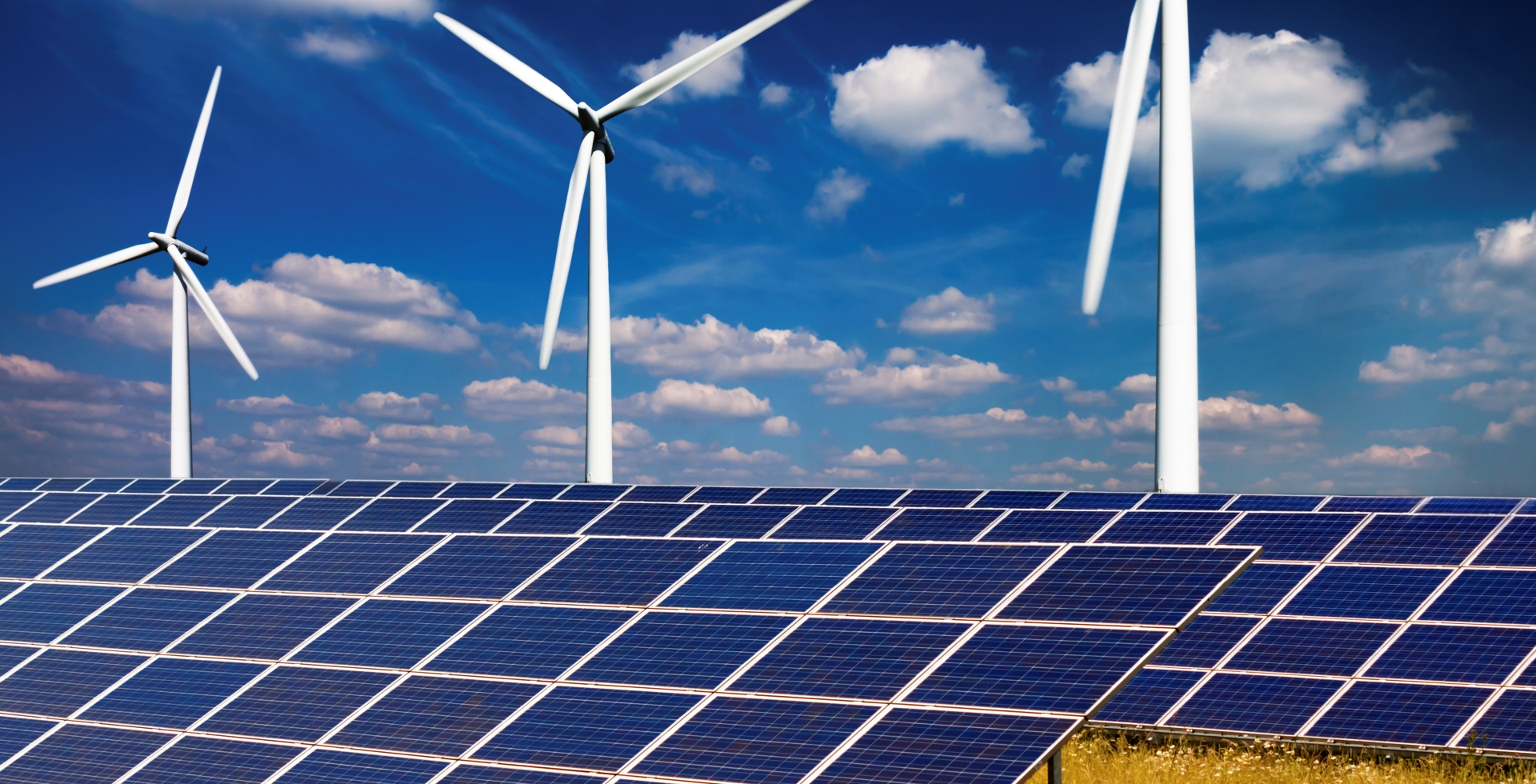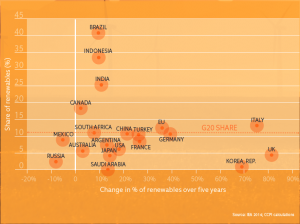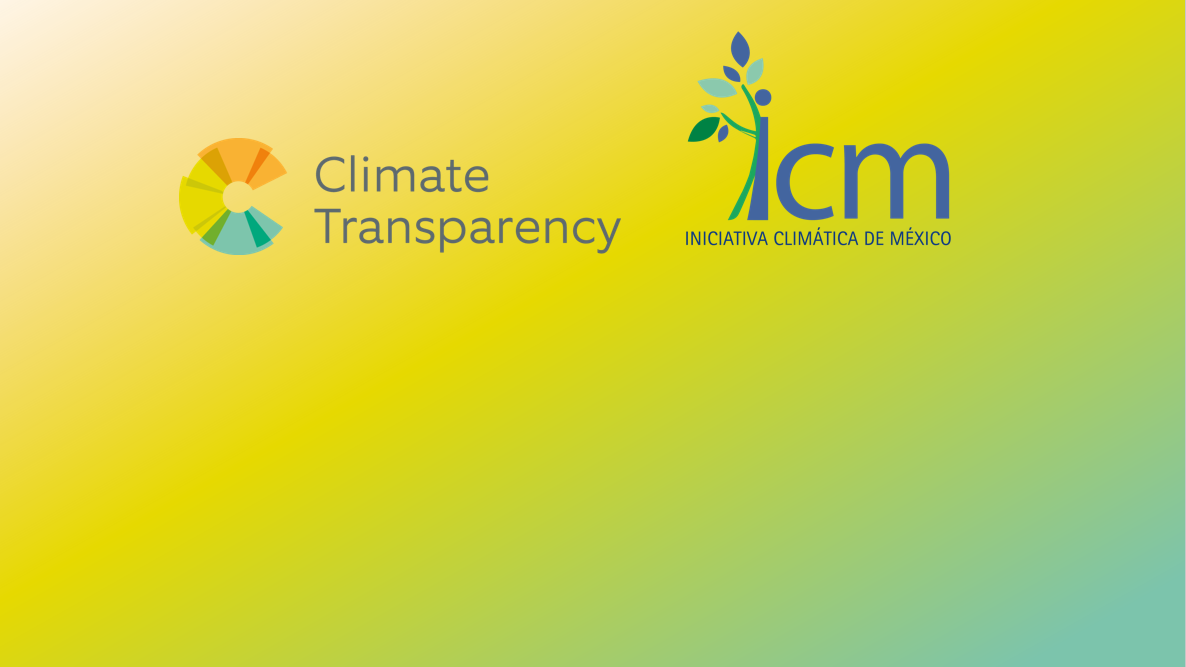Decarbonisation of the global economy will be a crucial element for staying below the 2°C threshold. Two important steps towards achieving such decarbonisation are a shift from fossil fuels to renewable energy sources, and a reduction in carbon and energy intensity.
Renewable Energy
The most positive change has been in the field of renewable energy . Twenty years ago, only a few countries had embarked on major programs to increase the share of renewable energy in their energy mix. Now, nearly all G20 countries have either already substantially increased their renewable energy portfolio, or have plans to do so.
Many G20 countries have seen strong growth rates in renewable energy production. In some cases, the overall share of renewable energy in total primary energy supply is also rising, thus cutting fossil fuel use. The share of renewable energy is rising, in this way, in Germany, Italy, France, the UK, the EU, the United States, Canada and Japan.
Across the G20, the average share of renewables in the total primary energy supply had a slightly negative trend until 2012, however. This indicated that the production of energy from other sources such as fossil fuels and nuclear power was rising even faster.
Decoupling of Carbon- and Energy Intensity
Globally, there is a trend of weak decoupling of CO2 emissions from growth in both GDP and total primary energy supply. Such a decoupling would be expected to follow rapid growth in the renewable energy sector. However, no clear trend is visible across the G20, reflecting strong growth also in the fossil fuel energy sector.
The G20 has seen falling energy intensity of the economy. Such a decline could have a variety of causes, including rising energy efficiency; structural economic change towards services industries away from energy-intensive manufacturing; or the relocation of energy-intensive industries to other countries.
For a clear decoupling trend across the G20, both the energy intensity of the economy and carbon intensity of energy supply will have to decline. Within the G20, there are some leading countries where both indicators are falling, including the EU as a whole, EU member states such as France, the UK and Germany, and the United States and Russia.






